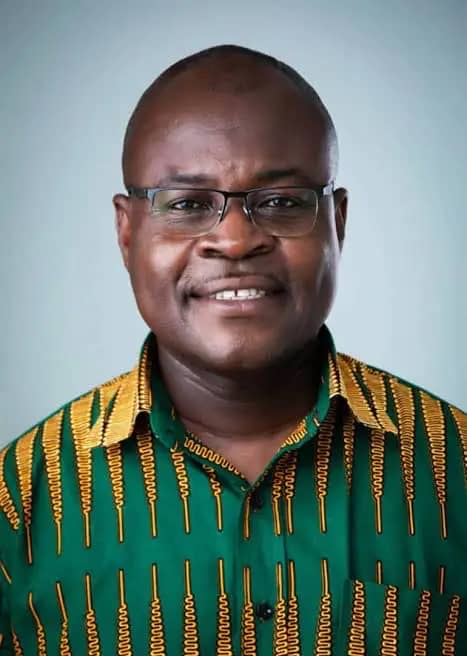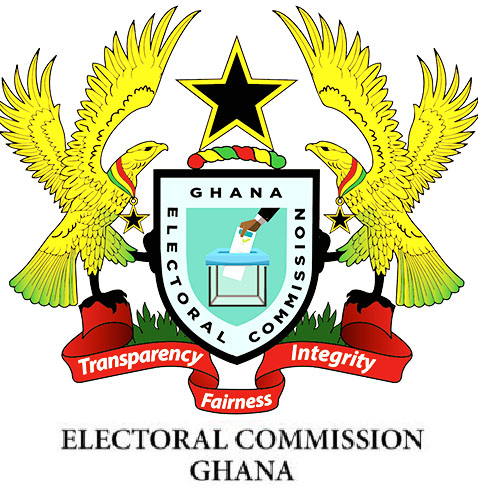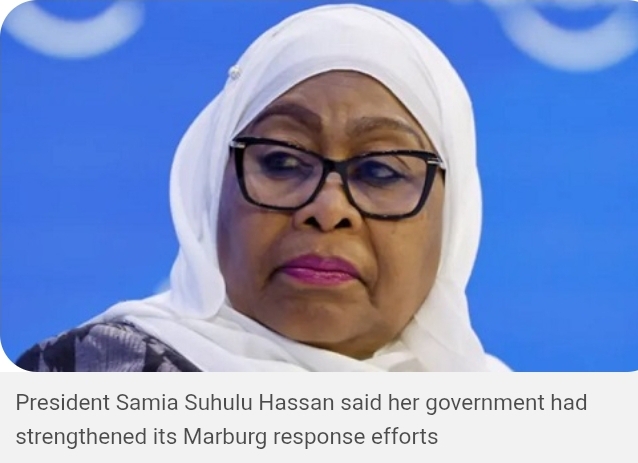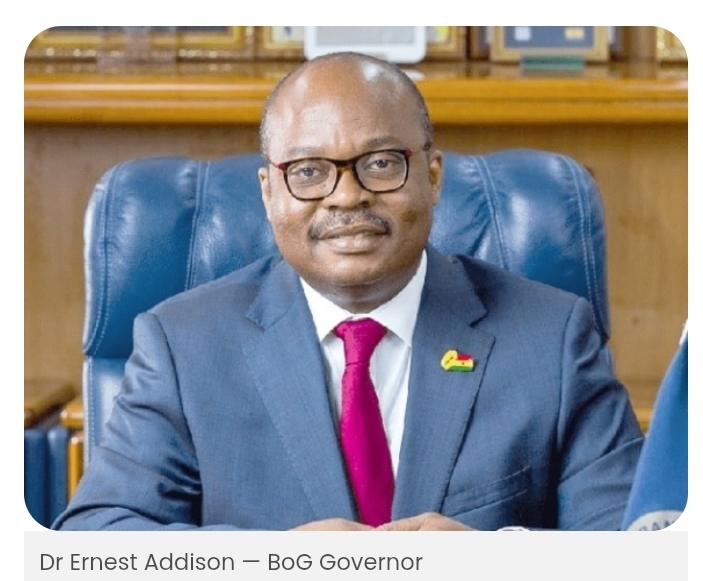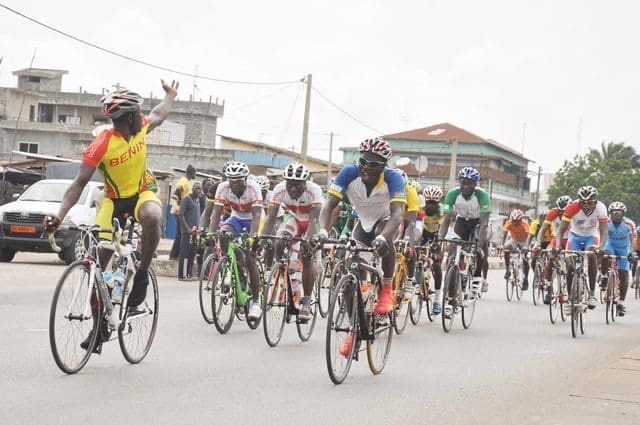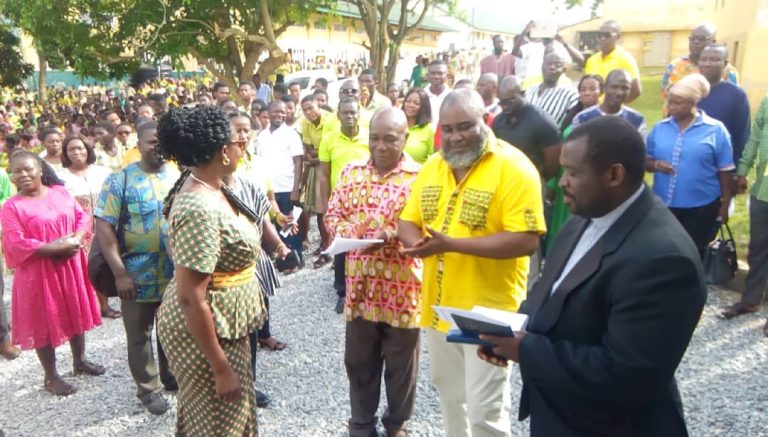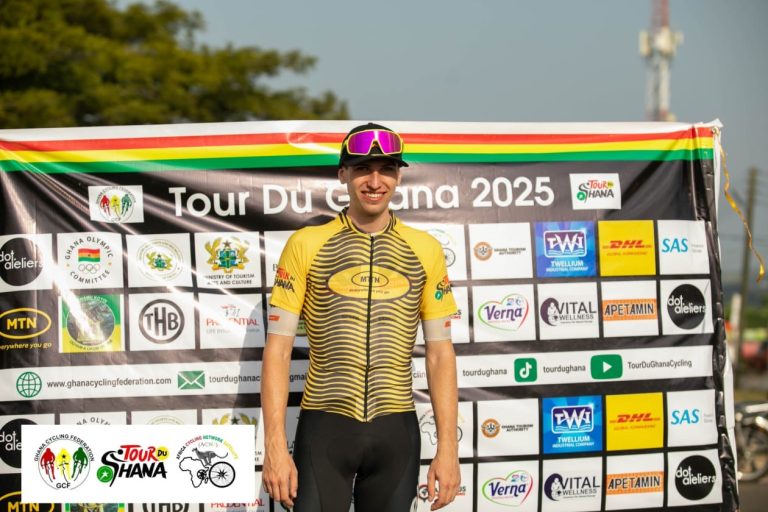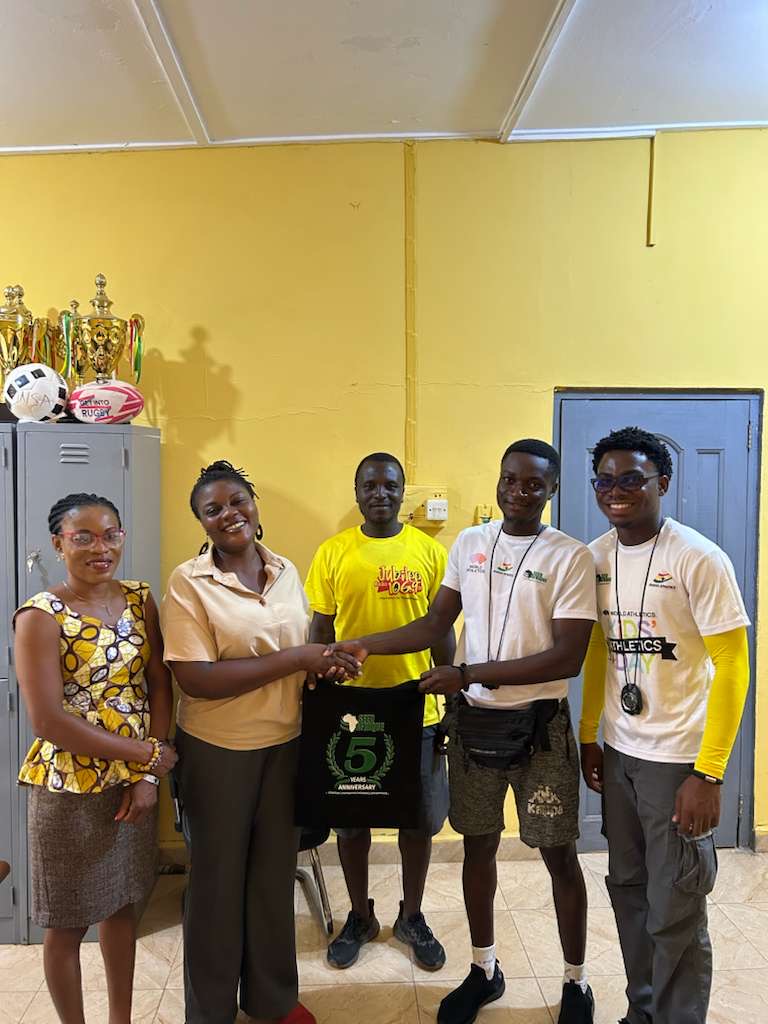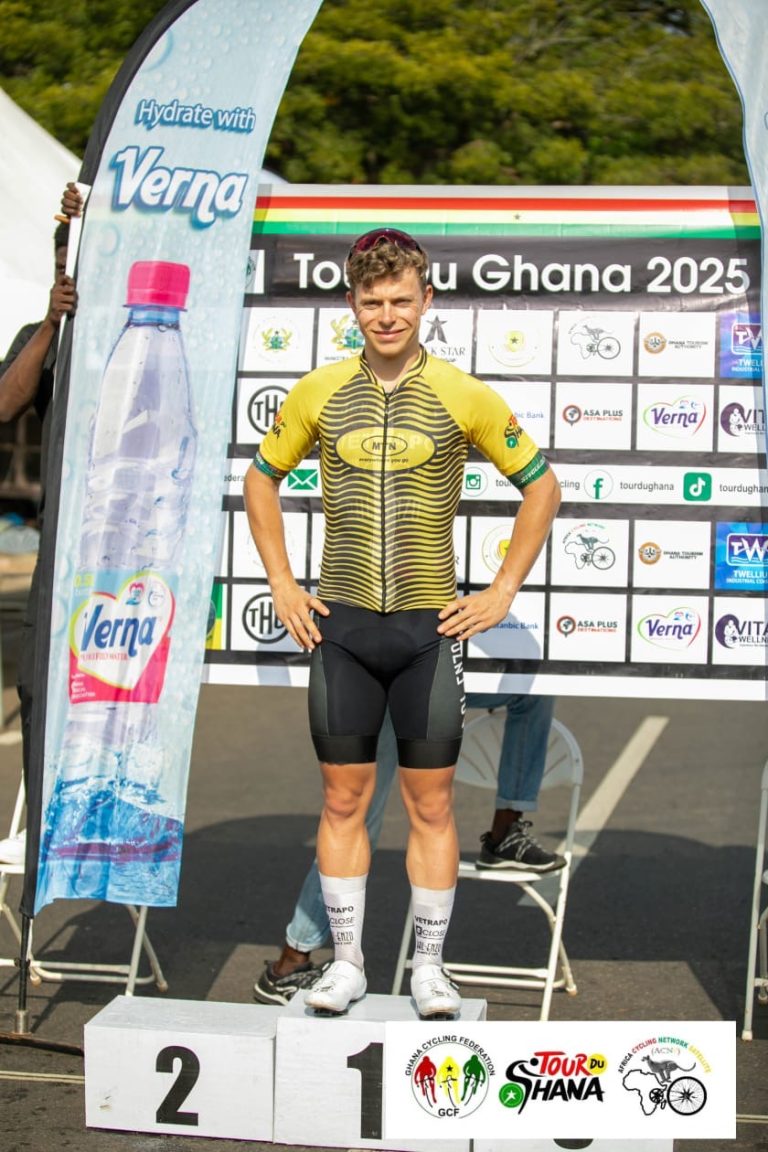An Associate Professor at the University of Ghana, Professor Alex Dodoo, has cautioned against the politicisation of education, describing it as detrimental to national development.
According to Prof. Dodoo, educational policies should be guided by the realities of the nation and the demands of a rapidly evolving technological world, not by political interests.
In a speech delivered on his behalf at the 70th anniversary celebration of St. John’s Grammar Senior High School in Accra last Saturday, Prof. Dodoo, who also serves as the Director of the African Collaborating Centre for Pharmacovigilance and Surveillance, emphasised the need for a united, non-partisan approach to shaping Ghana’s education system.
“If our nation is to move from poverty to prosperity, we need a non-partisan approach to education, one that is focused on the Ghana we want,” he said.
He further stressed that in today’s knowledge-driven era, quality education must be redefined as the ability to “learn how to learn,” especially in a world where tools, technologies, and systems are constantly evolving.
Prof. Dodoo encouraged the school and its alumni to celebrate their living heroes, both locally and internationally, and urged educational institutions across the country to adopt global best practices, including International Organisation for Standardisation (ISO) certifications, to enhance quality, efficiency, and accountability.
The anniversary event brought together dignitaries, alumni, parents, staff, and students, and served as a moment of reflection on the school’s legacy since its establishment in 1954, as well as a call to consolidate its gains for future generations.
The Headmaster of St. John’s Grammar, Mr. Sebastian Akali-Nya Adama, expressed appreciation to staff, alumni, and parents for their continued support, noting that the school has grown into a prominent academic institution with over 5,000 students and 265 staff members.
He reported steady progress in academic performance, citing an increase in the school’s overall WASSCE pass rate from 90 percent in 2022 to 93 percent in 2024.
Beyond academics, Mr. Adama highlighted the school’s success in co-curricular activities, with notable achievements in athletics, soccer, handball, table tennis, and national theatre competitions.
However, he also pointed to several infrastructural challenges, including inadequate teacher accommodation, a shortage of dormitory beds, the absence of a dedicated assembly hall, and under-resourced science and ICT laboratories.

